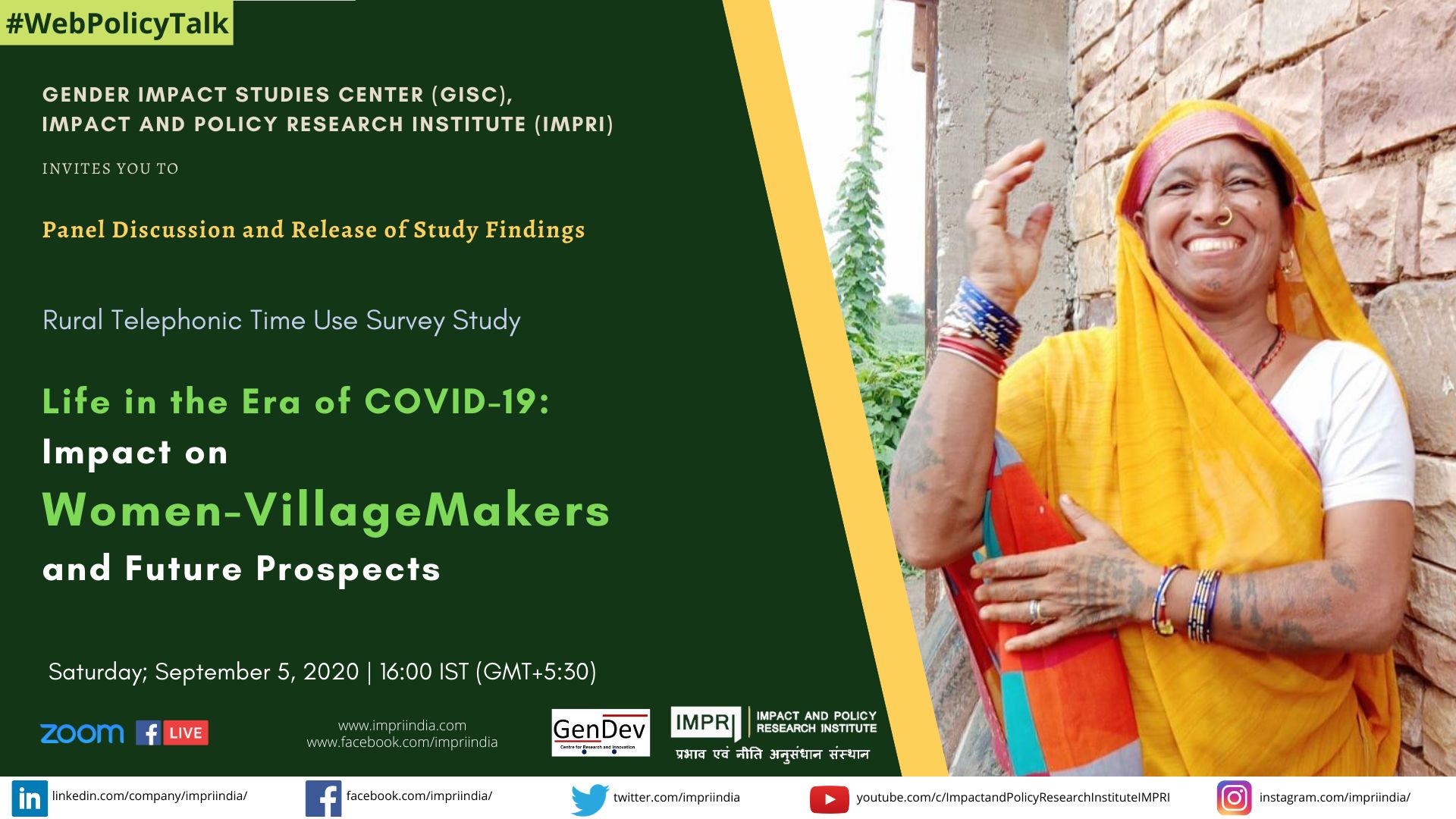Equity
Groundwater recharge needs grassroots solutions: A study of two techniques in Kerala
Posted on 09 Oct, 2020 12:42 PMIn Kerala, around half the urban population and 80% of the rural population depend on open wells on their domestic water needs. But in the last decade, the majority of observatory wells recorded an average annual decline of half a meter.

A rainbow recovery post-COVID
Posted on 08 Oct, 2020 12:27 PMThere is a disquieting hush across the world as the linkage between the planet’s health and human well-being became pronounced during the times of the pandemic. The deepening socio-economic and ecological crises caused by patterns of production and consumption are being increasingly recognised.

How forest-dwelling communities are braving the pandemic
Posted on 04 Oct, 2020 02:59 PMThe pandemic and lockdown measures have had a drastic impact on a large population of poor and marginalised communities, causing loss of livelihoods and employment, food insecurity and socio-economic distress. While vulnerabilities, atrocities and injustices faced by forest communities due to forest, conservation and economic policies have increased d

Poor implementation of forest rights act hurts tribals
Posted on 02 Oct, 2020 10:35 PMIn pre-colonial times, India’s forestlands were mostly under the use of the local communities. Forest policies led to centralisation in colonial times with forestland being subject to commercial over-exploitation for revenue generation purposes. This, in turn, led to land alienation of forest dwellers and an overall increase in deforestation.

Governance lessons that could keep us prepared for pandemics
Posted on 30 Sep, 2020 05:09 PMUnabashed assaults by human beings on the natural ecological system have caused the coronavirus to spread in the first place.

Pandemic impacts on women – Stories of survival
Posted on 30 Sep, 2020 09:52 AMThe pandemic has wrought havoc on the entire world. Pessimism, suffering, unemployment, hunger and poverty resound in all corners. To survive is a physical, mental and financial battle. And every family and individual has an anecdote to narrate that speaks volumes about their combat strategy, losses and victories.

The women sanitation champions of Angul
Posted on 28 Sep, 2020 03:56 PMSita Behera, the 35-year-old mother of two lives in the Radhamadhavapura unauthorised slum in Angul. She is the President of the Ward Sanitation Committee (WSC) that is leading the work on making the slum open defecation free. Driven by the desire to improve the living conditions for her children and the neighbourhood at large, she prompted 140 families to construct latrines over two years.

Gendered impacts of COVID-19
Posted on 20 Sep, 2020 09:15 PMCOVID-19 has unleashed one of the greatest human tragedies of the contemporary era demonstrating our fragility and has laid bare severe and systemic inequalities at all levels. It provides several lessons in the conduct of all aspects of human personality, professional, societal, and institutional lives globally.

Uttarakhand: Reaching the unreached
Posted on 11 Sep, 2020 07:48 PMPeople in remote hamlets left out by previous schemes like Swajal and Sector Wide Approach Program of the Uttarakhand Jal Nigam and Uttarakhand Jal Sansthan longed for household-level piped water supply for drinking and domestic purposes.





